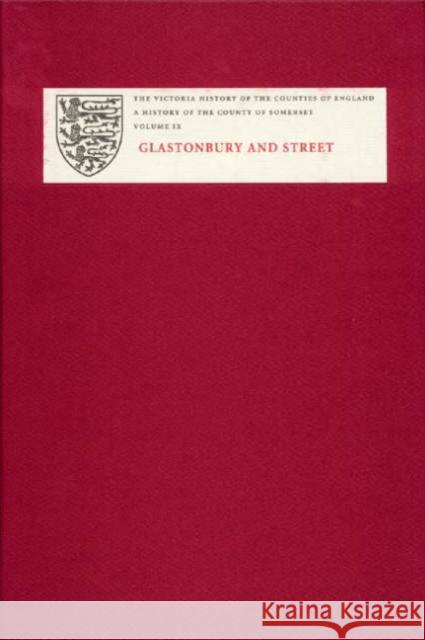A History of the County of Somerset, Volume IX: Glastonbury and Street » książka
A History of the County of Somerset, Volume IX: Glastonbury and Street
ISBN-13: 9781904356233 / Angielski / Twarda / 2006 / 257 str.
The ancient religious settlement of Glastonbury, with its many legendary associations stretching back into the Dark Ages, and the manufacturing town of Street, the creation of the late 19th century, are curious neighbours. They lie at the centre of the mysteriously-named Twelve Hides Hundred, the core estate of Glastonbury Abbey in the early Middle Ages. Around them, spreading into the low-lying moors of the Somerset Levels, are parishes which produced for the abbey, after continuous improvement of drainage, most of its economic riches - meat, milk, cheese, fruit, wool, wine, cider, fish, stone, timber, and fuel. The suppression of Glastonbury under unusually tragic circumstances ended the dominance of a single lord and a coordinated economic system, and the eventual inclosure and drainage of the moors took two more centuries to achieve. Glastonbury, meanwhile, faced a century and more of depression but in the 18th received a charter of incorporation and became a centre of the stocking industry; while the fortunes of Street also rose, both through the shoe industry but also of the role of the Clark family in education and social improvement. ROBERT DUNNING is County Editor, Victoria County History of Somerset.











